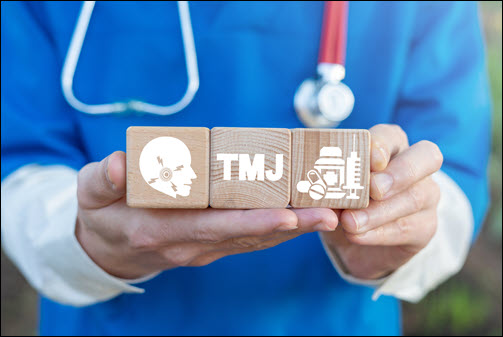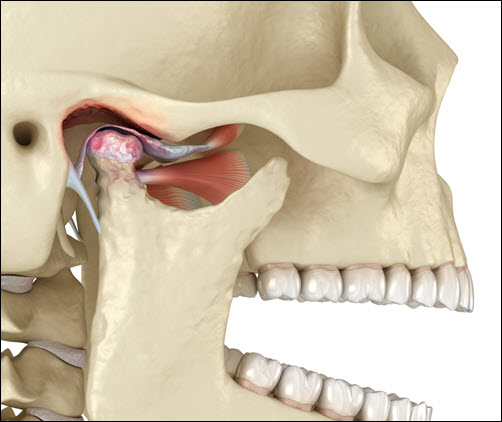Dental Care to Correct TMJ Disorders
Seeking dental care for Temporomandibular Joint (TMJ) disorders is crucial, as these conditions can lead to chronic pain, discomfort, and other dental issues if left untreated. In fact, TMJ disorders affect the joint that connects the jaw to the skull, leading to symptoms like jaw pain, difficulty chewing, and clicking or locking of the jaw. Therefore, here’s an overview of the approach and options in seeking dental care for TMJ correction:
 Diagnosis:
Diagnosis:
The first step in treating TMJ disorders is a thorough diagnosis. Accordingly, A dentist or a TMJ specialist will review your medical history, conduct a physical examination of your jaw, and may use X-rays, MRI, or CT scans to assess the condition of the joint and surrounding structures.
Non-Invasive Treatments:
In many cases, TMJ disorders are managed with non-invasive treatments. This includes:
Physical Therapy:
Exercises to strengthen and relax the jaw muscles.
Oral Appliances:
Night guards or splints are used to prevent teeth grinding and jaw clenching. These are common causes of TMJ disorders.
Medications:
Pain relievers, anti-inflammatories, and muscle relaxants help manage pain and inflammation.
Stress Reduction:
Since stress can exacerbate TMJ symptoms, techniques such as mindfulness, meditation, or counseling may be recommended to reduce tension in the jaw.
Dietary Modifications:
A soft diet can alleviate stress on the TMJ. Avoiding hard, chewy, or crunchy foods can help during flare-ups.
Lifestyle Changes:
Good posture, avoiding excessive jaw movements (like gum chewing), and proper teeth alignment while sleeping can aid in reducing TMJ symptoms.
Dental Corrections:
Misalignment of teeth can contribute to TMJ disorders. Orthodontic treatments like braces or clear aligners may be necessary to correct bite issues.
 Advanced Treatments:
Advanced Treatments:
In severe cases, more advanced treatments are required, such as:
Corticosteroid Injections:
In many cases, steroid injections help with joint inflammation.
Arthrocentesis:
A minimally invasive procedure to remove debris and inflammatory byproducts from the joint.
Surgery:
As a last resort, surgical options like arthroscopy or open-joint surgery may be considered.
Regular Follow-Ups:
Regular follow-ups with the dental care provider are important to monitor the progress and make adjustments to the treatment plan as needed.
Seeking dental care for TMJ disorders involves a comprehensive approach that may include a combination of diagnostic procedures, non-invasive therapies, lifestyle changes, and potentially more advanced treatments. It’s important to consult with a dentist or a TMJ specialist to receive a tailored treatment plan that addresses the specific needs and symptoms of the individual. If you suffer from TMJ, McCracken Family Dentistry can help. Schedule your appointment today!



